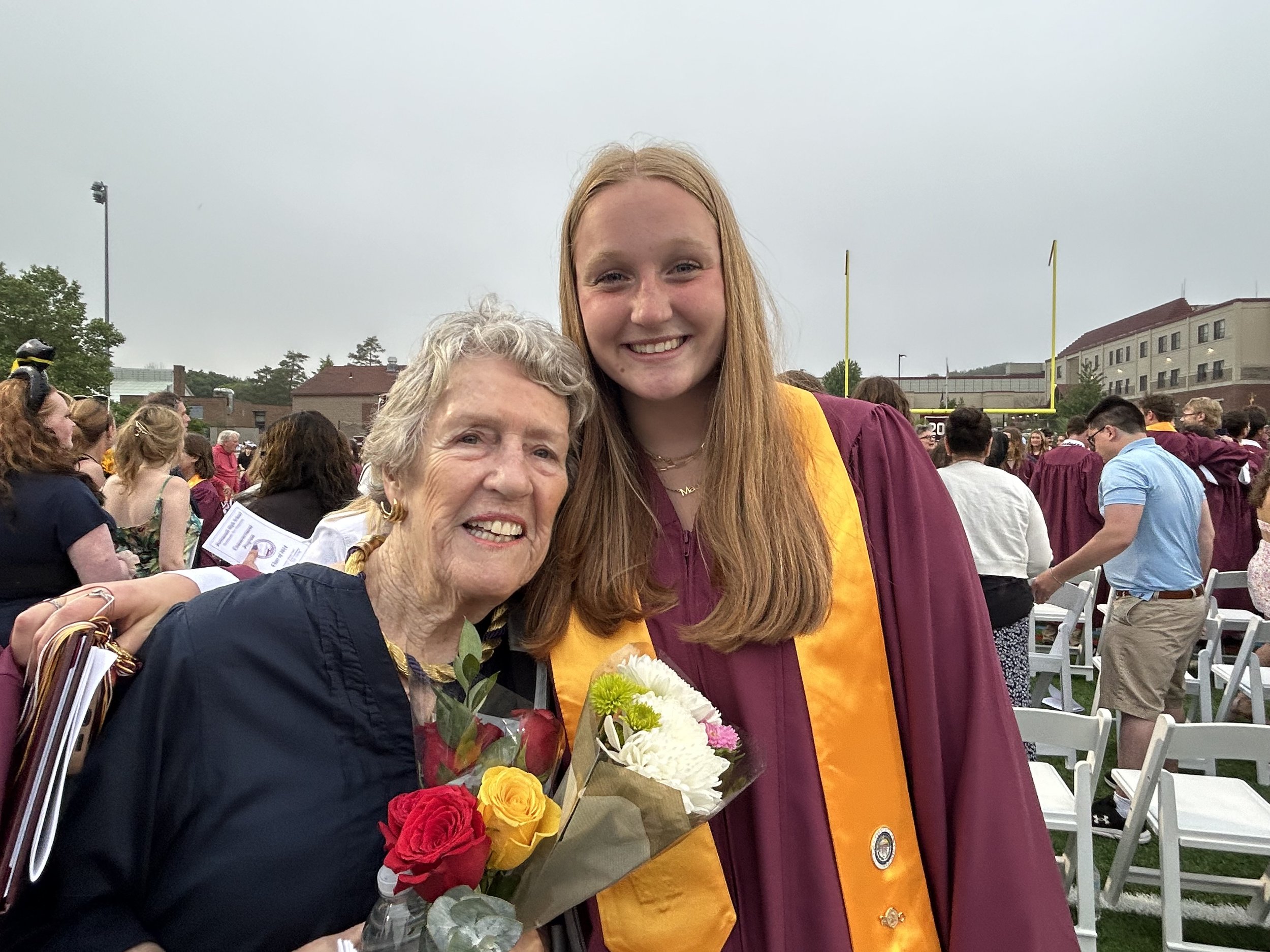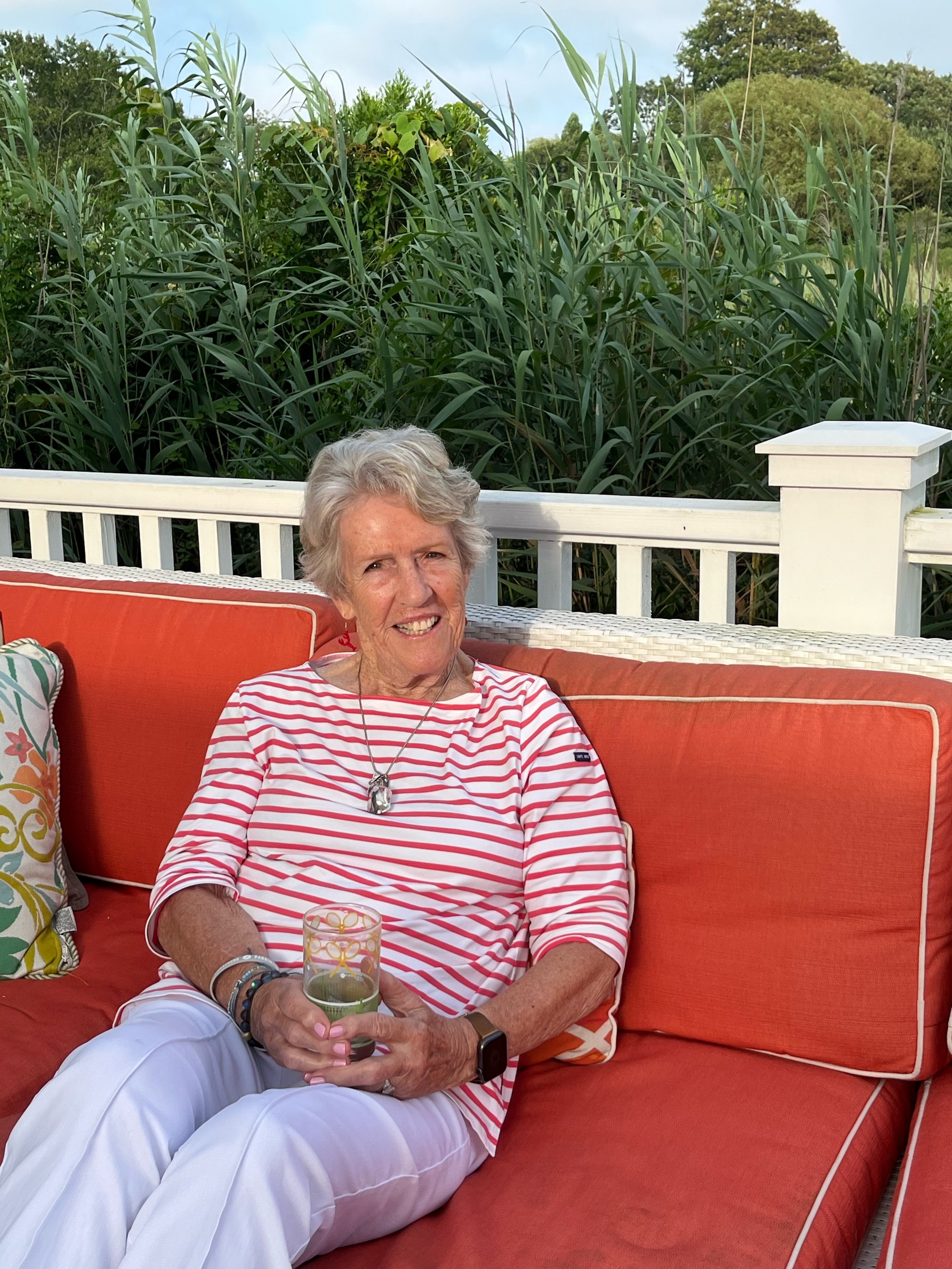POMP & CIRCUMSTANCE
/Every June, weepy-eyed moms and stoic-but-sniffling dads hear a familiar tune when their son or daughter marches into the graduation ceremony wearing a robe and tasseled mortar board. For me, that haunting strain of “Pomp and Circumstance” is a Pavlovian bell. (Tears tumble, nose runs, Kleenex, please, ASAP.)
Composer Sir Edward W. Elgar is renowned for the five Pomp and Circumstance marches he wrote between 1901 and 1930, but March #1 has resounded through the ages. Elgar knew it was special too, telling his friend Dora Penny, “I’ve got a tune that will knock ‘em — will knock ‘em flat.” It debuted in 1901 at a London Promenade Concert when the appreciative audience gave him a standing O and demanded a double encore. Later, March #1 was played at the coronation of King Edward VII.
In 1905, Elgar was invited across the pond to receive an honorary doctorate from Yale University. To honor Elgar, the Yale band played “Pomp and Circumstance, March #1” …but as a recessional. The tune quickly caught the ear of other colleges and universities, including Princeton, the University of Chicago and Columbia. Music expert Miles Hoffman told NPR, “Then, everybody started using it. It just became the thing you had to graduate to.” Today, the “graduation march” is played as a processional at virtually every high school and college graduation in the United States.
So there I was in Durham, New Hampshire, hearing the familiar strain while 22-year-old grandson Max joined hundreds of other black-robed engineers marching into UNH’s ice hockey arena. (Bingo: I reached for a hanky on the first note.) Several weeks later on a chilly evening in Portsmouth, I spotted 18-year-old granddaughter Maddie stride past in her maroon robe as the high school band played Elgar’s P&C March #1. (Sigh, gulp, tears.)
Reflecting on these two events, I couldn’t help but remember my high school graduation in 1960, held at Central High School in Pennington, New Jersey. I was one of four students tapped to speak, reflecting on lines that Mr. Hutchinson (our English teacher) had selected from John Milton’s sonnet “On His Blindness.”
The words I had to interpret and speechify were: “Those also serve who stand and wait.”
Say what? I had never even read Milton. I was clueless how to turn his words into a meaningful oration. (Now mind you, I was NOT Mensa material, but I did rank in the Top 10 of my class, was a member of the National Honor Society and heading off to a fine women’s college in September. But I felt like an illiterate dolt discussing my speech with Hutch. I remember him saying, “Come on, Burkhardt, you’re smarter than this. You can do better.” (No, I wasn’t and couldn’t.)
On graduation night, as I strode to the podium clutching index cards inked with my speech, I noticed Robert and Ross, my older and handsome twin brothers. sitting in the front row. My first thought was: aren’t they wonderful to sit close so that I can gain strength when I speak.
Then I noticed that both brothers were both brandishing humungously huge white handkerchiefs — the size of beach towels — wiping their eyes, grimacing with emotion, and taking slobbery nose honks the minute I started trying to tell the audience (AND THROUGH MY ENTIRE SPEECH!) the meaning of “those also serve who stand and wait.” OMG.
To this day, I have no idea how I got through it. Then again, I can’t get through hearing “Pomp and Circumstance” without a blubber. So it’s a wash. And here’s the man who started it all:
Thanks, Sir Edward.




